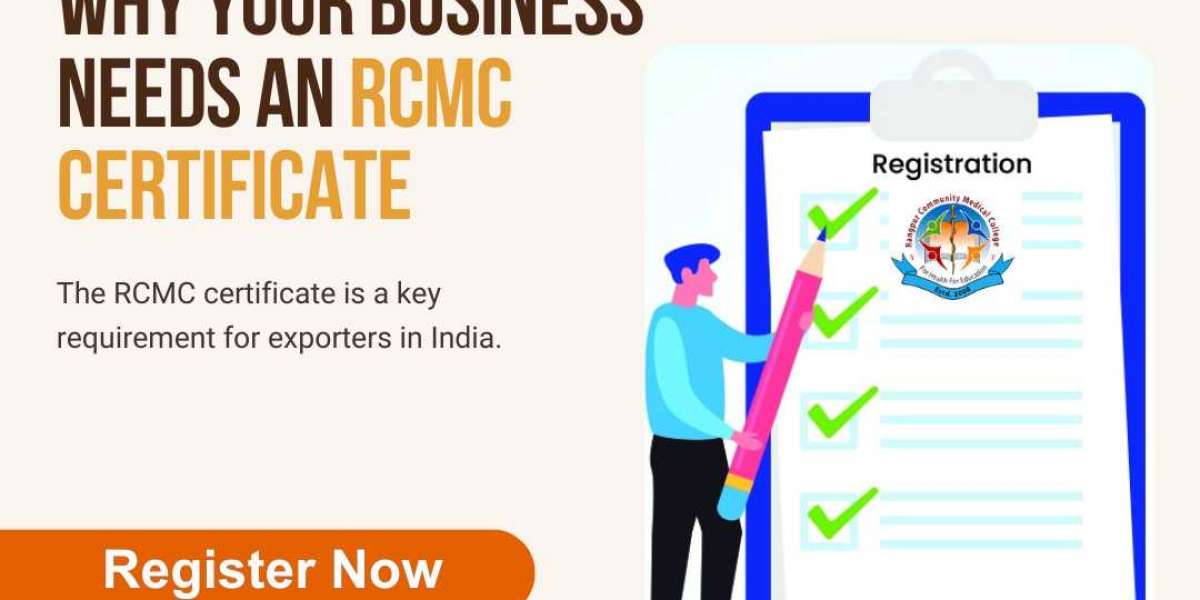The Cost of Neglecting Renewals
Many exporters and manufacturers focus heavily on getting certified but fail to plan for the ongoing renewals. Unfortunately, the consequences of this oversight can be severe. An expired certificate, such as an RCMC issued by an Export Promotion Council (EPC), can halt export operations, lead to the suspension of benefits under the Foreign Trade Policy (FTP), and even result in penalties. Worse still, if regulatory bodies conduct audits and find lapsed documentation, businesses may lose their credibility or face restrictions on future trade activity.
Why RCMC and Similar Renewals Matter
The RCMC, which is mandatory for availing benefits under various schemes like MEIS, SEIS, and RoDTEP, is generally valid for five years. Failing to renew it on time means your business becomes ineligible for government incentives and support extended to exporters. Renewing it ensures that your company remains registered with the respective export council, stays eligible for benefits, and continues to maintain its reputation in the international market.
Other certificates like FSSAI, APEDA, or BIS licenses also require periodic renewal and compliance audits. These documents are more than regulatory obligations—they’re a signal to international buyers that your business is serious about quality and compliance.
Streamlining the Renewal Process
The good news is that certificate renewal processes are usually more streamlined than first-time registrations—provided you maintain accurate records and stay ahead of expiry dates. Setting up internal alerts, using compliance tracking tools, and engaging professional consultants can help avoid missed deadlines and unnecessary penalties.
Businesses should maintain a central repository of their trade certificates with key dates, required documents, and contact points. Automation and reminders can significantly reduce manual follow-ups. It’s also important to understand the specific renewal timelines and requirements for each certificate—some require audits, some require updated financials, and others might just be a simple online form submission.
Renewals Reflect Operational Excellence
Consistent renewal of trade documents reflects a company’s operational discipline and reliability. It builds trust with clients, authorities, and international partners. Businesses that take compliance seriously are viewed more favorably during vendor evaluations, funding processes, and customs clearances. In the long run, such diligence can translate to faster market access, sustained growth, and better margins.
How Agile Regulatory Can Help
At Agile Regulatory, we specialize in managing trade compliance and certificate renewals for exporters and manufacturers across India. Whether it’s renewing your RCMC, updating your BIS license, or staying ahead of your APEDA validity, our expert team ensures timely submissions and complete documentation support. With over a decade of experience, we provide hassle-free renewal solutions so you can focus on expanding your business while we take care of the paperwork. Get in touch with us today to ensure your certifications never lapse again








